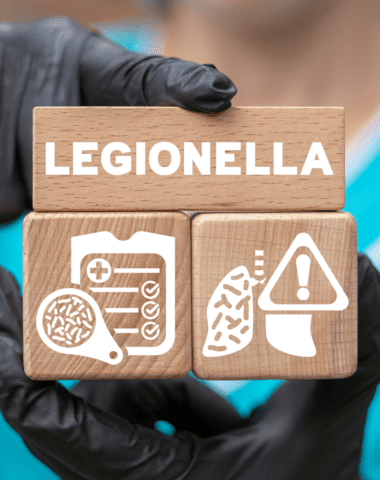
Monochloramine is a more stable oxidant compared to other chlorine-based products. Monochloramine is a drinking water disinfectant and has been used as such for nearly 100 years.
Monochloramine is most often used to maintain water quality in the pipe and provides long-lasting protection. It’s also effective as a disinfectant because it does not dissipate quickly and helps lower levels of potentially harmful regulated disinfection byproducts compared to chlorine.